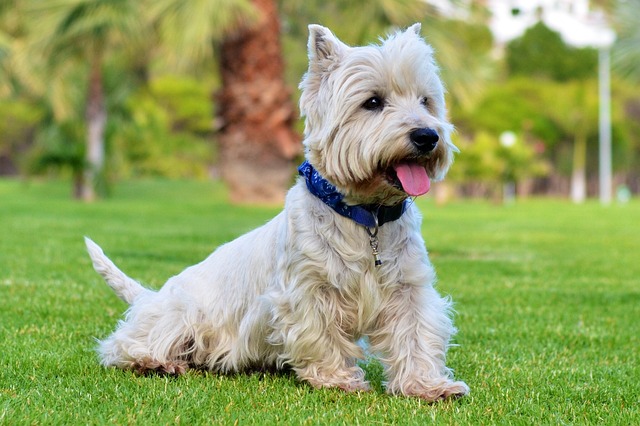
How to train a dog to help with social anxiety?
Social anxiety can make even small outings feel overwhelming, but a well-trained dog can become a steady, calming presence in those moments.
Potty training an old dog takes patience more than speed—unlike puppies, adult pups have established habits, so rushing can make them anxious. Start by sticking to a strict schedule: take them out first thing in the morning, right after meals, and before bed, plus a midday trip if you’re home. Many owners find setting a timer helps—consistency lets your dog learn when to expect bathroom breaks, which cuts down on accidents.
Watch for subtle cues your dog needs to go, like pacing, sniffing the floor, or standing by the door. If you catch these signs, say a calm phrase like “let’s go outside” and lead them to their designated spot—this links the action to the location. Always reward them with a small treat and praise right after they go; positive reinforcement works even for older dogs, as it builds confidence in their new routine.
Older dogs might have health issues that affect training, like joint pain or bladder control problems. If your dog has frequent accidents despite sticking to the schedule, check in with your vet—conditions like UTIs or arthritis could be making it hard for them to hold it or get outside quickly. Addressing these health concerns first makes training smoother and aligns with local guidelines for responsible pet care.
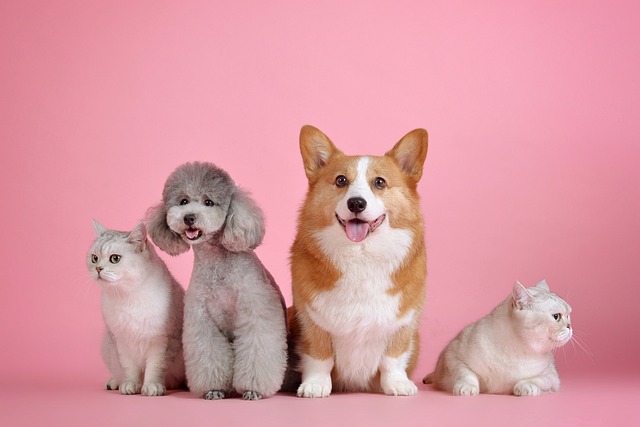 Clean up accidents thoroughly with an enzyme-based cleaner—regular soap leaves traces of odor that can make your dog go in the same spot again. Avoid scolding them if you find a mess later; old dogs don’t connect punishment to past actions, and it’ll only make them fear you. Instead, stay calm and double down on the schedule to prevent future slips.
Clean up accidents thoroughly with an enzyme-based cleaner—regular soap leaves traces of odor that can make your dog go in the same spot again. Avoid scolding them if you find a mess later; old dogs don’t connect punishment to past actions, and it’ll only make them fear you. Instead, stay calm and double down on the schedule to prevent future slips.
Many local areas have rules about dog waste—always carry bags to pick up after your dog when you’re out, and some neighborhoods require designated potty areas for pets. Following these laws isn’t just about compliance; it keeps public spaces clean and shows respect for your community. It also turns training into a chance to practice good pet etiquette, which makes outings more enjoyable for everyone.
With time and consistency, most old dogs adapt to new potty routines—they just need a little extra understanding of their limits. Celebrate small wins, like waiting by the door or going in the right spot, and be patient on tough days. Training isn’t just about teaching them where to go; it’s about strengthening the bond you share, and that’s worth every effort.

Social anxiety can make even small outings feel overwhelming, but a well-trained dog can become a steady, calming presence in those moments.
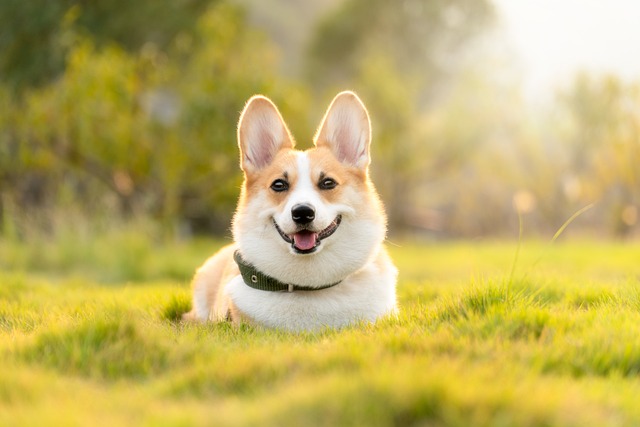
Preparing your dog for camping requires more than just extra food and a leash—it's about creating a mobile version of their home safety net.
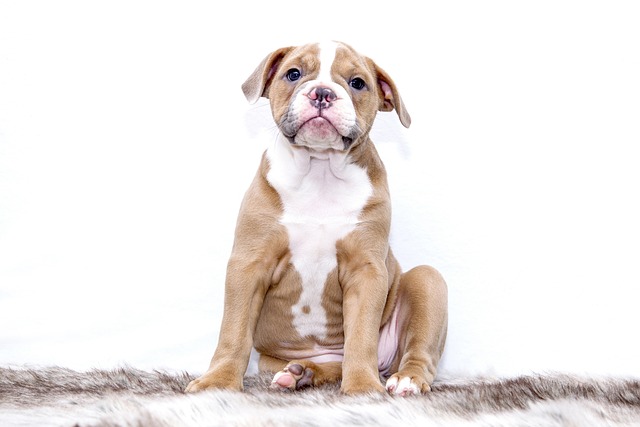
Ever notice how professional dog trainers seem to have a secret weapon in those treat pouches? They’re not using ordinary store-bought biscuits—they’re employing strategically selected
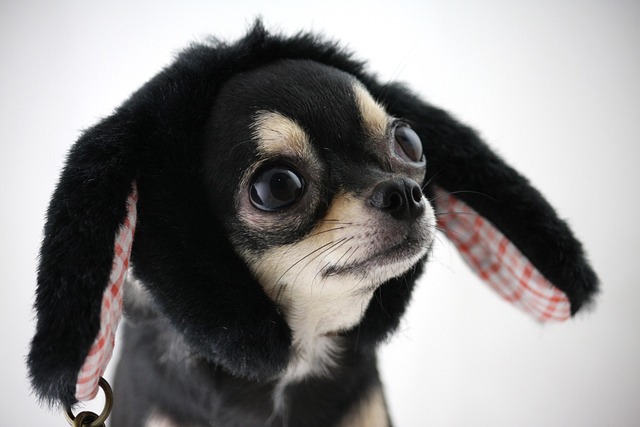
Chihuahuas often get a reputation for being shy or snappy around new people and pets, but that’s usually because they haven’t had consistent, positive social experiences early on.

Potty training an old dog takes patience more than speed—unlike puppies, adult pups have established habits, so rushing can make them anxious.
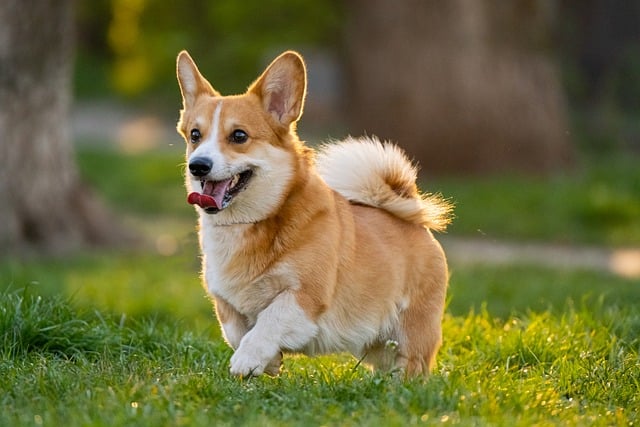
Professional dog trainers typically reach for treats that are small, soft, and incredibly high-value—the canine equivalent of gourmet chocolate.